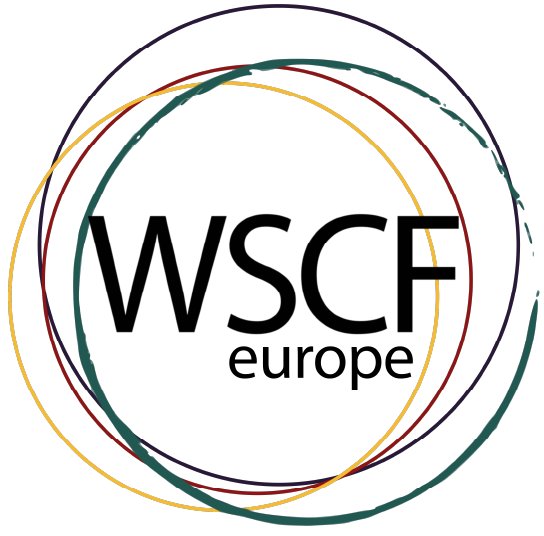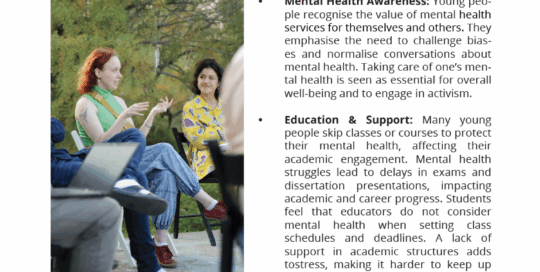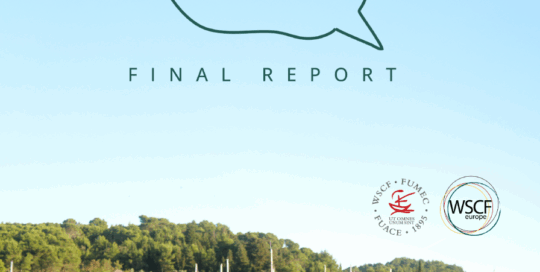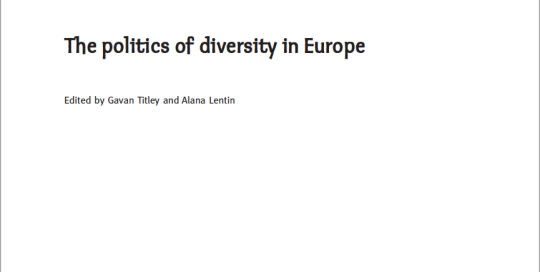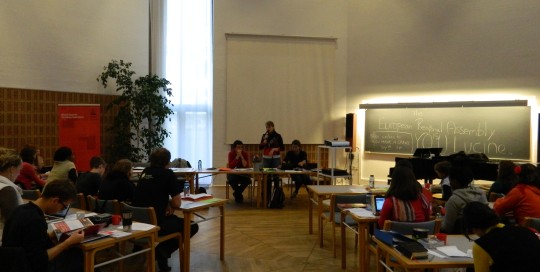Read our Fact Sheet on the findings of our annual project 2024 "Share the Care", which offers a concise overview of the main findings, discussions, and recommendations. Share the Care - Fact Sheet Publication date: 2025 Publication date: 2025 Published by: WSCF - Europe Language: English Supported by: European Youth Foundation of the Council
Share the Care – Final Report
WSCF2025-06-04T23:31:51+02:00Read our report on "Share the Care", our 2024 work plan that enabled youth-led discussions at European level on mental health advocacy, creating safe spaces for young people to explore the intersection of mental health, gender identity, education, and global crises. Share the Care - Final Report Publication date: 2025 Published by: WSCF -
The politics of diversity in Europe
WSCF2021-11-25T23:03:15+01:00The politics of diversity in Europe. It is this apparent acceptance of diversity as a fact and value that this book sets out to examine, in a range of ways, it offers a countervailing assessment of ‘diversity; seeing it less as a unifying social imaginary and more as a cost-free form of politics attuned to
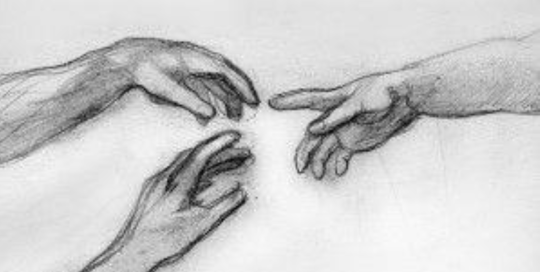
Activity – My Faith, My Gender: A Conversation
WSCF2021-11-25T23:00:15+01:00Activity – My Faith, My Gender: A Conversation. This activity was developed by Kathy Galloway, who is ordained as Church of Scotland minister and who, in 2002, was the first woman to be elected as leader of the Iona Community. It involves reflective questions and a prayer that explore the intersection between gender and faith.
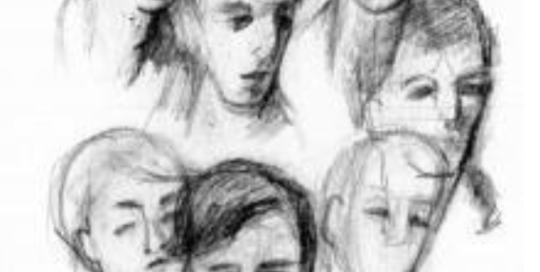
Workshop – Women’s Role Patterns in Fairy Tales: “How does Cinderella find her boots today?”
WSCF2021-11-25T23:00:30+01:00Workshop – Women’s Role Patterns in Fairy Tales: “How does Cinderella find her boots today?”. This resource includes materials for running a workshop focused on the issue of traditional gender roles, in particular the stereotypes attached to women’s position in society. The workshop was developed by Márta Várnagyi, former Gender Programme Coordinator on the Regional
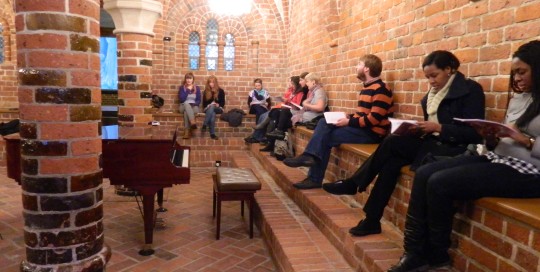
Worship – Communicating Gender
WSCF2021-11-25T22:54:13+01:001. Worship – Communicating Gender. This worship closed the WSCF-Europe conference “Communicating Gender: Gender Identities in a Globalised Europe”, which took place in Logumkloster, Denmark, between 24-28 October 2011. It was prepared and coordinated by Natalie Pylypiv. The prayers, songs and readings in the worship were designed to be tailored to different local contexts and to reflect on issues

Universal Day of Prayer for Students 2009
WSCF2021-11-25T22:54:59+01:00Universal Day of Prayer for Students 2009. In 2009, the Universal Day of Prayer for Students focused on the themes of identity, diversity and dialogue. These were discussed as reflections of personal, social and ethnic individuality, and as encompassing tolerance and acceptance. The materials and liturgy were prepared by the Middle East region of WSCF. 8. UDPS

Universal Day of Prayer for Students 2012
WSCF2021-11-25T22:55:14+01:00Universal Day of Prayer for Students 2012. The 2012 Universal Day of Prayer for Students marked 100 years since the foundation of the Student Christian Movement (SCM) of Sri Lanka. The movement prepared the materials and liturgy for the celebration, which focused on the theme of economic justice. The concept was understood as the equitable sharing of God’s
Bible Study – Gender
WSCF2021-11-25T22:56:58+01:00Bible Study – Gender. This Bible study was developed by Dzmitry Bartalevich for the conference “Communicating Gender: Gender Identities in a Globalised Europe”, which took place in Logumkloster, Denmark, between 24-28 October 2011. The study asks contemporary questions on the relationship between the Church and gender. 2. Bible Study - Gender (Dzmitry Bartalevich) Publication date:

Bible Study – An Unconventional Bible Study
WSCF2021-11-25T22:57:03+01:00Bible Study – An Unconventional Bible Study. This Bible study was developed by Martin Bonde Christensen. The main goal of this study is to highlight the prophetic-critical nature of biblical texts, with their ability to question our ways of thinking about society. It also aims to emphasise the dominance of gender roles in the dialectic
